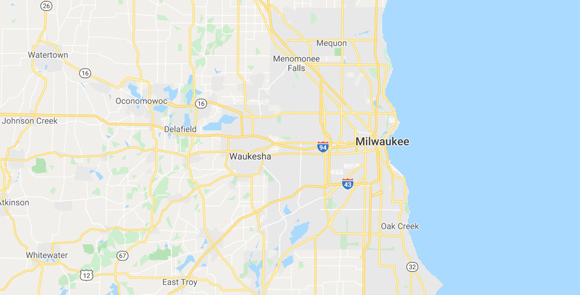- info@Milwaukeeanimalattic.com
Call 24/7 for a free quote:
414-306-6115

Attic Animal Pest Milwaukee
We are Milwaukee Animal Attic, a full service Wildlife removal company servicing Milwaukee, WI. Whenever you discover the signs of animal activity, or you start to suspect that you may have pest animals in your home, our family run company is always here to help. Having been established for nearly fifteen years, we have the experience to deal with whatever the wild animals in the county can do, and we can deal with homes and businesses that are experiencing problems with wild animals. Our team of agents are on hand to discuss your situation and to suggest steps that you can take, while they can also arrange an animal removal expert to visit the property, often on the same day. We can deal with all types of animals and reptiles that can cause problems in a property, and we take pride in avoiding poisons, which are simply inefficient and often dangerous methods of dealing with animals. Our experts have the latest equipment and are trained in many different techniques, so can deal with any animal problem that you may have. We also offer professional-grade repairs if the animals have caused any damage, and can also provide a full sanitization service so that your property is safe and suitable for your family and any visitors to the property. Call us now at 414-306-6115 for a solution to your Wisconsin animal problem.
About Pest Animal Milwaukee and Our Services:
Humane Wildlife trapping and exclusion.
We repair Wildlife damage and prevent re-entry.
We offer attic cleanup and sanitation services.
Specializing in Wildlife only - no poisons.
Licensed and insured in Wisconsin
Milwaukee rat control and rodent removal
Bat control in Milwaukee - removal from attics
Raccoon and skunk removal in Milwaukee
Our Service Range

Our Service Range
Wauwatosa, West Allis, Oak Creek, Glendale, Franklin, Greenfield, Cudahy, Brown Deer, South Milwaukee, Shorewood, Saint Francis, Whitefish Bay, Greendale, Fox Point, West Milwaukee, Hales Corners, River HillsMilwaukee Wildlife Removal Tip of the Month: Where to Relocate a Trapped Skunk?
When trapping a skunk be prepared for a little hard work. It can be tricky business and they are one of the hardest to catch but none the less it’s possible with time and the right tools.

They are nocturnal animals and come scavenging for food late at night. This is why they can make a mess in your home while everyone is sleeping.
Skunks are able to travel a fair distance of over a mile each night but wont travel further than around four miles from within their den. Skunks love scavenging for food amongst rubbish heaps and in trash cans this is why it is best to secure your trash can lid on each night and don’t leave rubbish lying around your property.
So you have caught a skunk but wonder where to relocate it?
You can bait traps with a strong smelling food to entice them to go into the trap. Once you have caught the little rodent you will need to relocate him somewhere else. It is best to place a blanket over the cage for not only protection from their sprays but it will also help to relax the skunk. Be sure to check within your local area as to whether there are rules and regulations for trapping animals and releasing them If you are able to release then you can transport the skunk to a secluded wooded area away from homes and playing areas.
Be wary of their gestation period. For the skunks with stripes your looking around the February timeframe and spotted ones are around April. The period lasts for around two months. Baby skunks are dependent on their mums for around six weeks and will remain in the den within that time. The mum will spend most of her time searching for food to feed the young. If you seem to have an active period where skunks are seen on the prowl you will see a less problem once the babies have left the den.
The best time for trapping and moving skunk will depend of the type it is. The stripe skunk shouldn’t be trapped between March and July. This will avoid trapping the mother while the babies are still in the den unable to care for themselves. If you don’t move skunks far enough from your home they can smell their way back to your home to take their dwelling over again.
Be sure to remove food scraps and pet food from your backyard which will only offer a scent to the skunks which will bring them back again. When relocating the animal be sure to be humane to the animal and release it as soon as possible to avoid any unnecessary stress to the animal.
Check with you local wildlife center who can advise the best place to relocate the skunks within your area. This will ensure they are put in an area they can happily survive but also away from homes and playing areas to avoid them invading someone else’s property.

